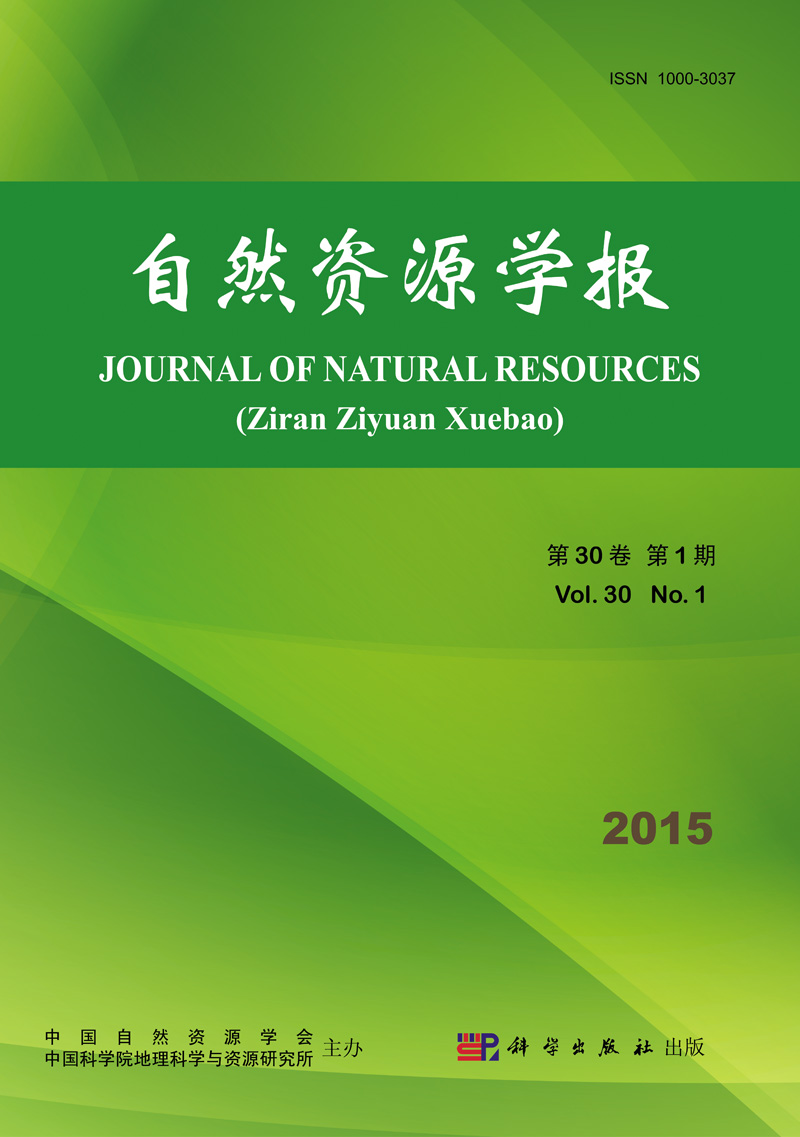CAO Zhi, MIN Qing-wen, LIU Mou-cheng, BAI Yan-ying
With the rapid development of technology and economy recently, environmental issues have presented globally and regionally, absorbing more academic attentions on the relationship between humans and nature. Ecological carrying capacity, one of the theories on this issue, reflects the extent of nature withstanding human activities, and is instructive to mitigate environmental problems and achieve sustainable development. However, compared with resources carrying capacity and environmental carrying capacity appeared before, ecological carrying capacity is more complex and integrated, and is one of the most sophisticated topics in ecology. Nowadays, the research of ecological carrying capacity mostly focuses on assessing the degree of regional sustainable development, which deviates from the original research purpose of carrying capacity, the limits of growths. Meanwhile, attempting to solve all the problems in the process of regional development, such as resources crisis, environmental pollution, ecological degradation, and so on, ecological carrying capacity becomes the research tool of research regional" natural-social-economic"complex system, which can be understood as regional carrying capacity. This paper analyzes the connotation of ecological carrying capacity in the view of ecosystem, and researches ecological carrying capacity from the perspective of ecosystem services, returning to the limits to growths, the original research purpose of carrying capacity. Based on review related papers, this paper proposes the concept and assessment model of Ecosystem- Service-based Ecological Carrying Capacity (ESECC) with"ecosystem-ecosystem services- the scale of population and economy (carrying capacity)"as its main line. ESECC is the population and the scale of the economy supported by ecosystem services which is determined by ecological structures, processes and spatial pattern. And ESECC can be acquired by selecting the minimum from all the carrying capacities of every ecosystem service closely related to human beings as regional ecological carrying capacity. In order to choose the types of ecosystem services, this paper classifies ecosystem services into direct ecosystem services and indirect ecosystem services on the principle of the degree of relationship between mankind's activities and ecosystem services firstly, and the first is the types of ecosystem services in ESECC assessment model. Then, based on consumable characteristic of ecosystem services, direct ecosystem services is classified into consumable-direct ecosystem services and inconsumable- direct ecosystem services, and limiting factor in ESECC assessment model mostly includes the first one. Thirdly, according to the usage of ecosystem services currently, this paper chooses seven consumable-direct ecosystem services to assessment ESECC, including food supply, biomaterial supply, core wood supply, freshwater supply, sewage purification, waste gas absorbability, and solid waste accommodation. In the fourth section of this paper, the assessment model is applied to Honghe County, Yunnan Province.
